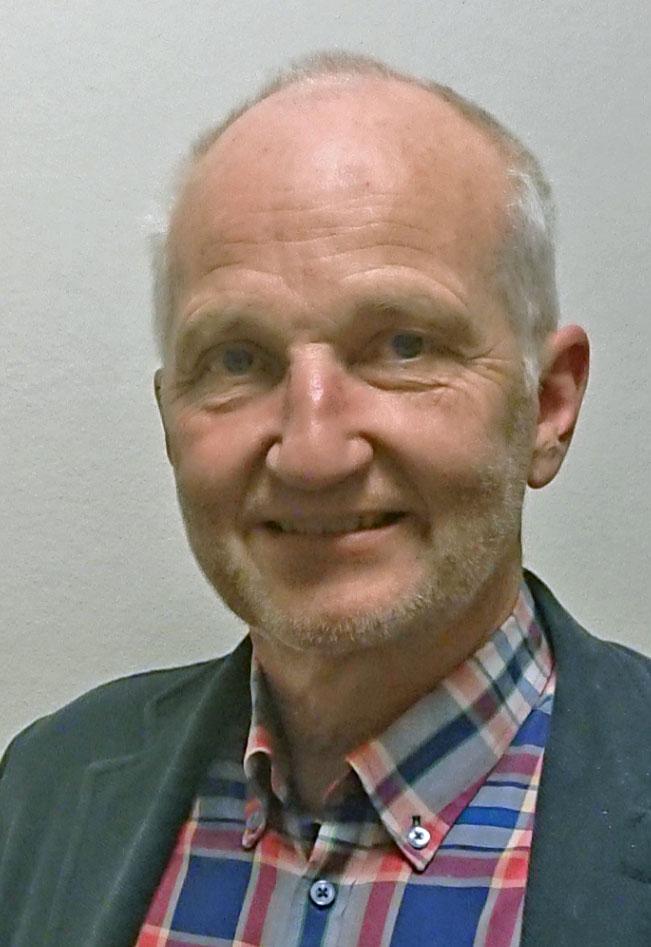
Credit: Photo by Lisa Andersson
The origin of certain cancers in the sarcoma group is associated with a hitherto unknown interaction among different proteins. Findings now being presented create the opportunity to test new treatments of these forms of sarcoma.
“We now know which mechanisms to shine the spotlight on,” says Pierre Åman, Professor of Tumor Biology at Sahlgrenska Academy, University of Gothenburg, the corresponding author behind an article published in the journal EMBO Reports.
Sarcoma comprises some 100 different cancers that arise in the skeleton or the soft parts of the body, such as fat, connective tissue, muscles or vessels. Early detection and, if feasible, surgical removal of these tumors entails a good prognosis. Late detection and a tumor that remains mean a less favorable prognosis.
Every year, some 400 people in Sweden are diagnosed with sarcoma, making it a relatively rare form of tumor. The majority who fall ill are older people. However, current research focuses on the forms of sarcoma that affect children and young people, such as Ewing’s sarcoma, with 20-odd new cases annually in Sweden.
The 15 or more different forms of sarcoma studied here are caused by mutations in the FET family of proteins. The new results show that most of the tumor-altered FET proteins bind to another protein complex, SWI/SNF, which regulates gene activity, cell maturity and growth.
This interaction results in SWI/SNF misregulation and, accordingly, disruptions in the genetic programming of the cell. The misregulation is a mechanism common to all the 15 or more forms of tumor caused by mutations in the FET genes.
What happens to the SWI/SNF complex in detail when tumor-altered FET proteins bind is unclear. Exactly how SWI/SNF changes is something the research group headed by Pierre Åman is now investigating further.
The research now presented is based on studies both of cultured cells and of cells from tumor tissue. The results may lead to development of new methods of treating patients with tumor diseases caused by mutated FET proteins.
The quest for treatment of the forms of sarcoma under investigation, those affecting children and young people, may thus get an impetus from existing research on more common tumor diseases, with corresponding changes in the SWI/SNF complex. At present, the work includes experiments on mice.
“There are already an abundance of new drug candidates that affect this protein complex and are being tested on other diseases. With the discoveries we’ve now made, we can test the same candidates on these forms of sarcoma as well,” Pierre Åman states.
###
Title: FET family fusion oncoproteins target the SWI/SNF chromatin remodeling complex; http://embor.
Media Contact
Pierre Aman
[email protected]
Original Source
https:/
Related Journal Article
http://dx.




